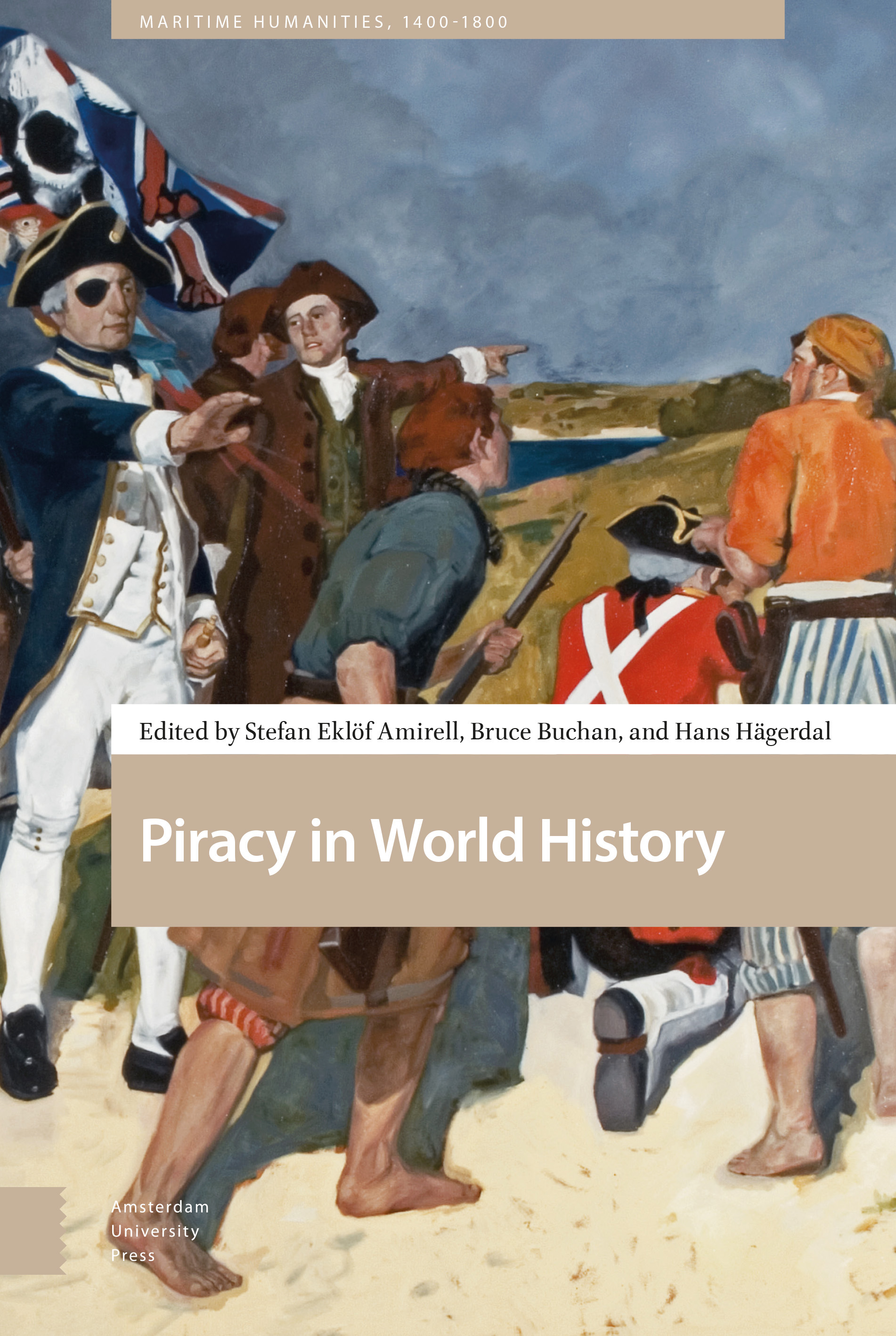Book contents
- Frontmatter
- Contents
- Acknowledgements
- 1 Introduction: Piracy in World History
- 2 “Publique Enemies to Mankind”: International Pirates as a Product of International Politics
- 3 All at Sea: Locke’s Tyrants and the Pyrates of Political Thought
- 4 The Colonial Origins of Theorizing Piracy’s Relation to Failed States
- 5 The Bugis-Makassar Seafarers: Pirates or Entrepreneurs?
- 6 Piracy in India’s Western Littoral: Reality and Representation
- 7 Holy Warriors, Rebels, and Thieves: Defining Maritime Violence in the Ottoman Mediterranean
- 8 Piracy, Empire, and Sovereignty in Late Imperial China
- 9 Persistent Piracy in Philippine Waters: Metropolitan Discourses about Chinese, Dutch, Japanese, and Moro Coastal Threats, 1570–1800
- 10 Sweden, Barbary Corsairs, and the Hostis Humani Generis: Justifying Piracy in European Political Thought
- 11 “Pirates of the Sea and the Land”: Concurrent Vietnamese and French Concepts of Piracy during the Second Half of the Nineteenth Century
- 12 Pirate Passages in Global History: Afterword
- Index
4 - The Colonial Origins of Theorizing Piracy’s Relation to Failed States
Published online by Cambridge University Press: 16 December 2021
- Frontmatter
- Contents
- Acknowledgements
- 1 Introduction: Piracy in World History
- 2 “Publique Enemies to Mankind”: International Pirates as a Product of International Politics
- 3 All at Sea: Locke’s Tyrants and the Pyrates of Political Thought
- 4 The Colonial Origins of Theorizing Piracy’s Relation to Failed States
- 5 The Bugis-Makassar Seafarers: Pirates or Entrepreneurs?
- 6 Piracy in India’s Western Littoral: Reality and Representation
- 7 Holy Warriors, Rebels, and Thieves: Defining Maritime Violence in the Ottoman Mediterranean
- 8 Piracy, Empire, and Sovereignty in Late Imperial China
- 9 Persistent Piracy in Philippine Waters: Metropolitan Discourses about Chinese, Dutch, Japanese, and Moro Coastal Threats, 1570–1800
- 10 Sweden, Barbary Corsairs, and the Hostis Humani Generis: Justifying Piracy in European Political Thought
- 11 “Pirates of the Sea and the Land”: Concurrent Vietnamese and French Concepts of Piracy during the Second Half of the Nineteenth Century
- 12 Pirate Passages in Global History: Afterword
- Index
Summary
Abstract
Contemporary views of piracy often associate it with state failure. However, this view may be traced to nineteenth-century debates about Southeast Asia, and in particular, the writings of Sir Stamford Raffles for whom it became a pretext for intervention. Prior to this, European observers and officials tended either to naturalize piracy as a part of Southeast Asian life, or to label foes as pirates. Both nineteenth-century colonial debates and earlier stereotypes disconnected from maritime settings do not provide reliable evidence of piracy. Instead, they offer evidence of colonial ideology and statecraft. This essay historicizes piracy's association with failed states and offers another way to theorize piracy without adopting either statist or relativist points of view.
Keywords: failed states, Southeast Asia, Sulawesi, colonial rule, military intervention
Introduction: The Politics of Piracy, Pillaging, and Slavery
Images of piracy lie at the heart of talk about “failed states,” a term that entered the political lexicon of the United States in the early 1990s and that came to occupy a prominent place in international peace and security. While this timing suggests that the notion of failed states and its association with piracy are recent additions to political theory, I argue here that they do not originate from the context of offshore Somalia and related international interventions in the western Indian Ocean. Instead, the failed states concept and its association with piracy may be traced to nineteenth-century colonial debates about Southeast Asia.
During the nineteenth century, colonial debates about piracy in maritime Southeast Asia encompassed views that ranged from taking piracy as a sign of state dissolution, much as it appears in contemporary failed states theory, to functionalist explanations of piracy as simply inherent to how some states worked. The latter view, in which maritime marauding was seen as a practice common to Southeast Asian statecraft, typified the much earlier remarks Tomé Pires made about coastal polities in sixteenth-century Southeast Asia. Pires, a Portuguese apothecary who spent time in Malacca shortly after the Portuguese conquest in 1511, left detailed notes about the main trade items of ports throughout Southeast Asia and beyond it, as part of his effort to plot their commercial ties with Malacca. He also recorded the naval capacity of port cities throughout the maritime world of the Indian Ocean and Asia, from the Red Sea to Japan.
- Type
- Chapter
- Information
- Piracy in World History , pp. 85 - 108Publisher: Amsterdam University PressPrint publication year: 2021

